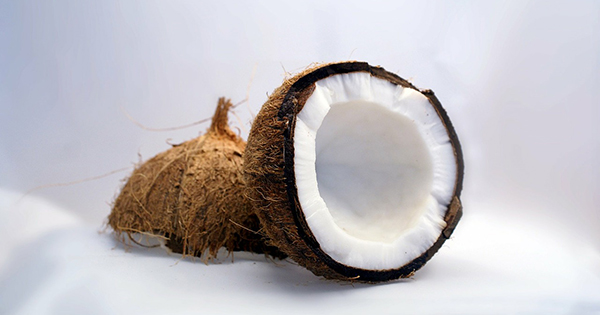Guest Post By Payal Bhandari M.D.
There’s been a lot of buzz about the health benefits of coconut oil lately. It’s not just a marketing stunt; over 1,500 studies support this trend. But as a pet owner you may wonder: is it really healthy for my pet, too? Absolutely! As long as you don’t overdo it, your pets can also reap the benefits of this amazing fruit.
Coconut oil contains more than 85% Medium Chain Triglycerides (MCTs) which are easy for the body to burn and convert into energy. This plant-based oil doesn’t contain any cholesterol, and helps us maintain a healthy weight.
Coconut Oil Benefits
Here is a list of some of the benefits your pet can gain from eating coconut oil:
- Coconut oil is good for the digestive system. It’s easy to digest, increases the absorption of nutrients, promotes the growth of healthy bugs, successfully treats inflammatory bowel disease, and even improves bad breath.
- Coconut oil successfully treats skin allergies and irritations while it soothes wounds and helps them heal quickly. We all know pets like to lick their wounds, which can be a problem when ingesting some salves, but with coconut oil, there is no risk.
- If your pet suffers from arthritis or ligament problems, coconut oil can help soothe the pain.
- Coconut oil can give your pet a healthy skin and coat. Apply coconut oil directly to the coat and skin, let it absorb for five minutes, and then rinse. This will leave the coat sleek, soft, and glossy. This treatment also minimizes odor.
- The MCTs in coconut oil support weight loss, improve metabolism, and help to burn fat. MCTs also balance insulin levels which can prevent and control diabetes.
- Coconut oil is a natural energy booster. The quick acting MCFA fats in coconut oil increase a pet’s energy level.
- Coconut oil can prevent infections by fighting against parasites, bacteria, and fungi.
How Much Coconut Oil Does My Pet Need?
It will take some time for your pet’s body to adjust to coconut oil, so start slowly and build the dosage up over two to three weeks. If you give your pet too much coconut oil, it will cause diarrhea and a greasy stool. If you see that happen, cut back on the dosage.
Suggested dosage for your dog: Start your small dog or puppy off with ¼ teaspoon per day, and 1 teaspoon for larger dogs. The optimal dose is 1 teaspoon of coconut oil daily for every 10 pounds of weight.
Suggested dosage for your cat: To start with, feed your kitten ¼ teaspoon of coconut oil per day. An adult cat can start with a ½ teaspoon. The optimal dosage is 1 teaspoon for a kitten, and between 1 and 3 teaspoons for an adult cat.
Why not try coconut oil out for your pets? Your pets will thank you when they feel more energetic and have the sleekest coats on the block.
About the Author
Payal Bhandari M.D. is a holistic family physician at her practice, Advanced Health. She provides personalized, comprehensive primary care to families and individuals of all ages in San Francisco since 2005. Her integrative style blends the best in western and eastern medicine to effectively transform health.


